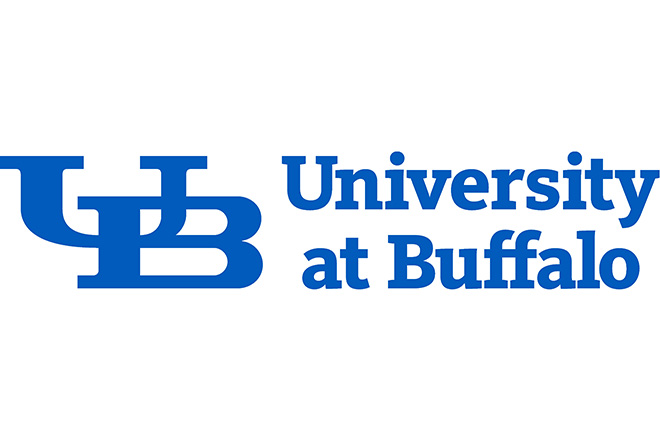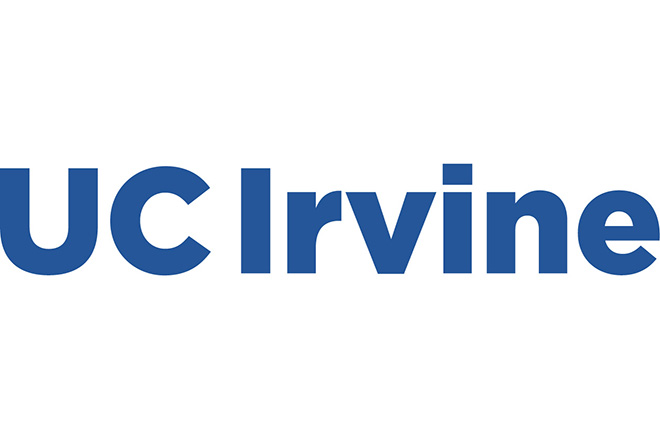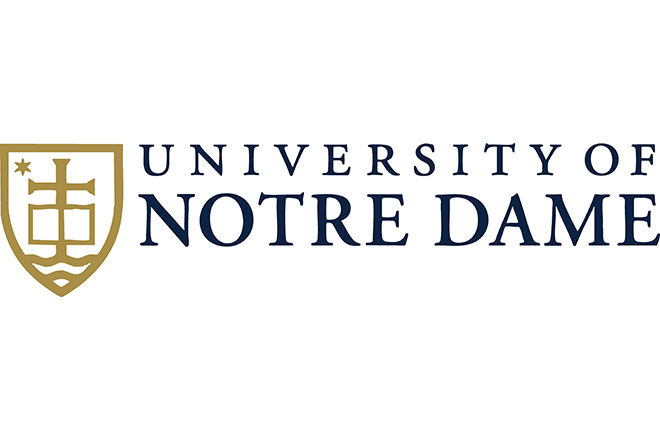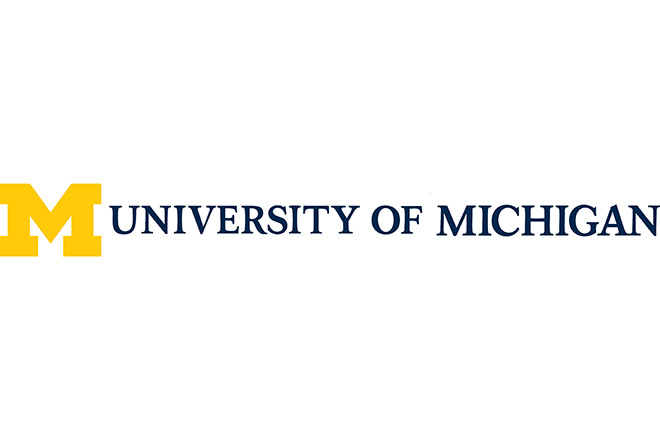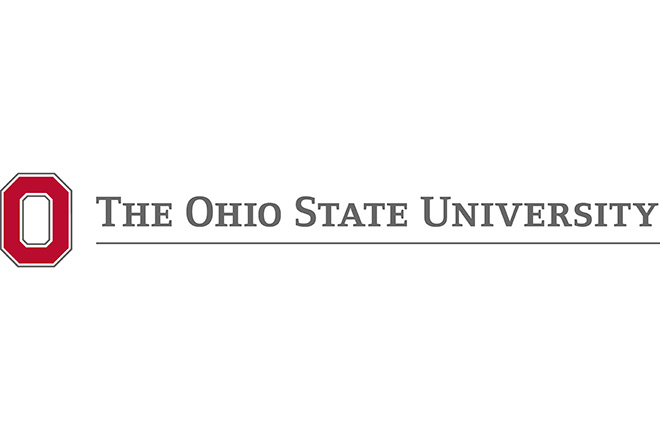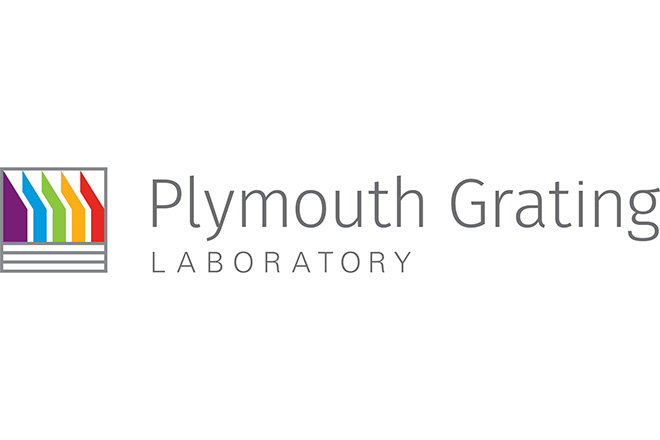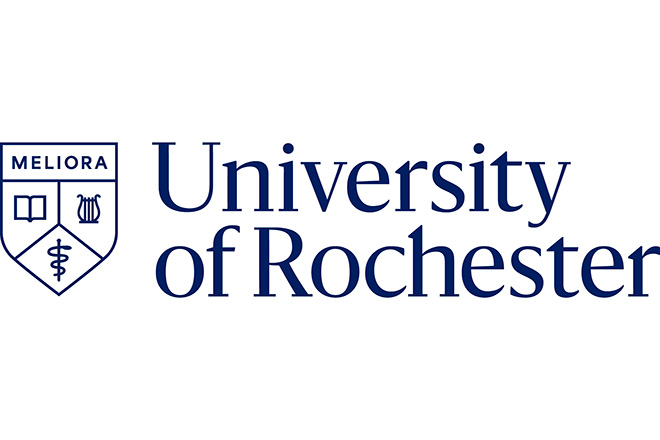
Ultrafast Science
Cutting-edge research at the boundaries of current scientific knowledge.
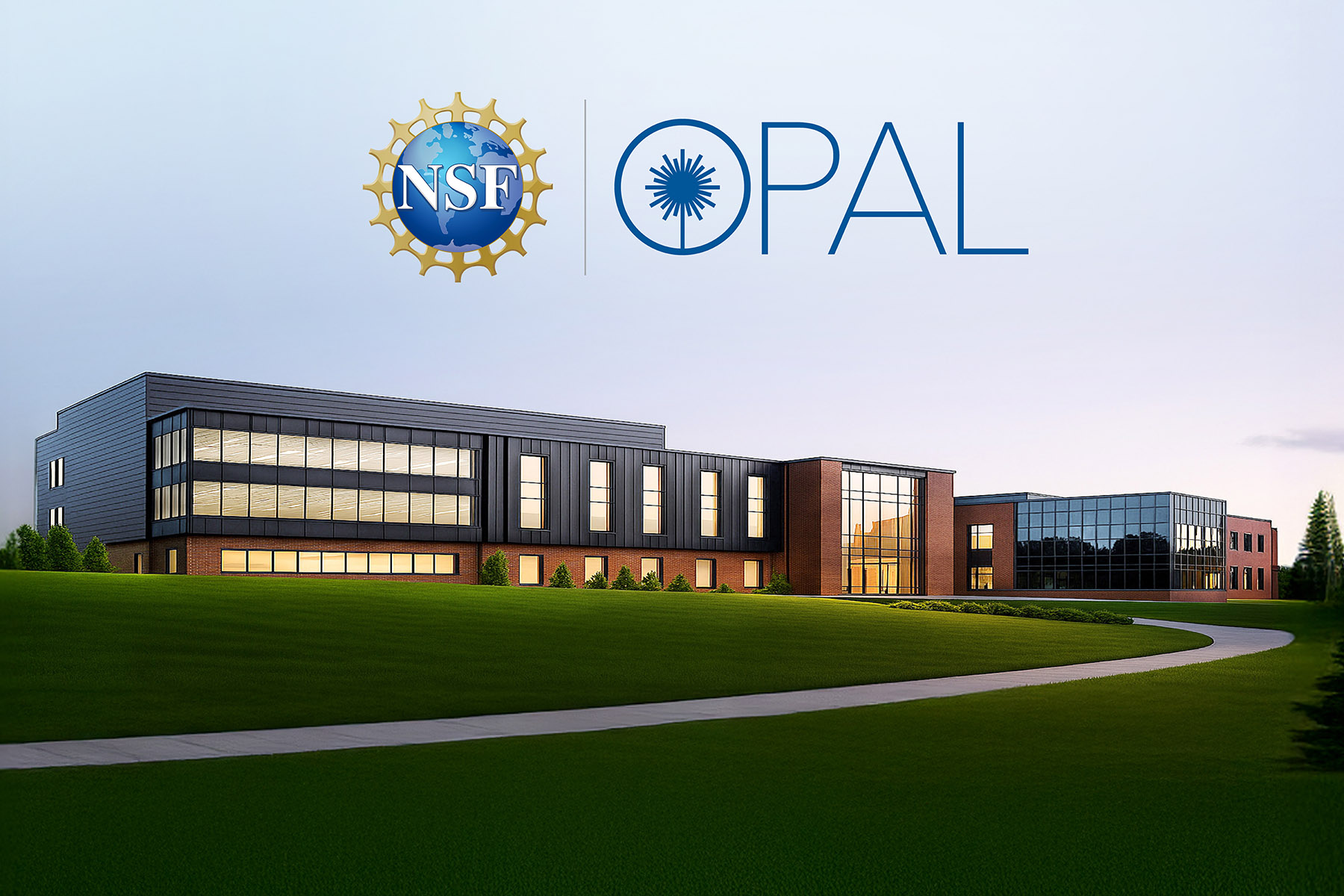
Redefining Ultrahigh-Peak-Power, Ultrafast Lasers
The NSF OPAL RI-1 award supports the design of a new, world-leading, high-power laser user facility at the University of Rochester with two new lasers that will push beyond the current state of the art in peak laser power to achieve and study extreme physical conditions, such as ultrahigh electromagnetic fields, temperatures, and pressures that represent the frontier of science in studying matter in the universe.
Four Areas of Frontier Research
The design of NSF OPAL is guided by the most pressing scientific questions that can be answered using such a laser system in four areas of frontier research:
- Particle acceleration and advanced light sources
- High-field physics and quantum electrodynamics
- Laboratory astrophysics and planetary physics
- Laser-driven nuclear physics
NSF OPAL frontier science working groups in each of these areas involve a large group of scientists who have contributed significantly to advancing their respective fields and proposing flagship experiments for NSF OPAL.
Partners

